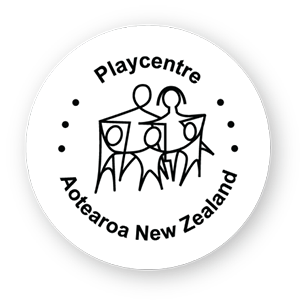Glossary of common terms
Glossary of common terms
Assessment the process of obtaining and interpreting information on children’s learning and development by observing, recording, and documenting what children do and how they do it. The purpose of assessment is to provide relevant information that can be used in deciding how best to improve learning outcomes for children.
cognitive processes strategies and skills that regulate thinking and learning, such as visual scanning, recalling, organising, making links, sequencing, and reflecting. Cognitive processes can be general (for example, “thinking aloud” as a problem-solving strategy) or content-specific (for example, using colour as a cue for solving jigsaw puzzles).
Contribution playing a part in a common effort.
Culture understandings, patterns of behaviour, practices, and values shared by a group of people.
Curriculum the sum total of the experiences, activities, and events, whether direct or indirect, that occur within an environment designed to foster children’s learning and development disposition a child’s frame of mind, patterns of thought, and attitudes to change that influence his or her approach to experiences and tasks.
Evaluation the process of using assessment information and other data to form a judgment about the quality and effectiveness of the curriculum, in order to make decisions about change.
Holism/holistc a belief that all aspects of a child’s learning and development are interrelated and interconnected.
Infant a child aged between birth and approximately one year.
Kaiako – teacher
Karakia – prayer
Kaupapa – matter of discussion
Learning outcome the result, intentional or unintentional, of planned learning.
Pēpi – baby
Scaffolding a term first used by Bruner to describe guidance and support that help a child take the next step for him- or herself. Scaffolding can involve asking an open-ended question, modelling an activity, encouraging a child to try a different approach, or directing a child to another opportunity. The educator adjusts their help in response to the child’s current performance, aiming to reduce support until the child can act alone.
Session – when Playcentre is open and how it works
Schema a term used by Piaget to describe cognitive structures that individuals develop as they internalise their actions. It also describes their forms or patterns of thought and pieces of ideas. Children construct or modify their schemata as they relate their experiences to earlier perceptions and experiences.
Tamariki – children
Teachable moment an occasion when connections between a learner’s interests, knowledge, skills, disposition, and development provide opportunities for new insights, which can occur with the support of a more informed person.
Te Ao Māori – the Māori world
Te Reo Māori – the Māori Language
Tikanga – Māori customs
Toddler a child aged between approximately one and two years.
Tuākana-tēina is the relationship between an older (tuakana) person and a younger (teina) person and is specific to teaching and learning in the Māori context. Within teaching and learning contexts this involves peer to peer – teina teaches teina and tuakana teaches tuakana.
Well-being a state of physical, social, or emotional comfort, progress, and sound condition.
Whānau members of an extended family and its supporting network who form a context for the care and guidance of a child.

